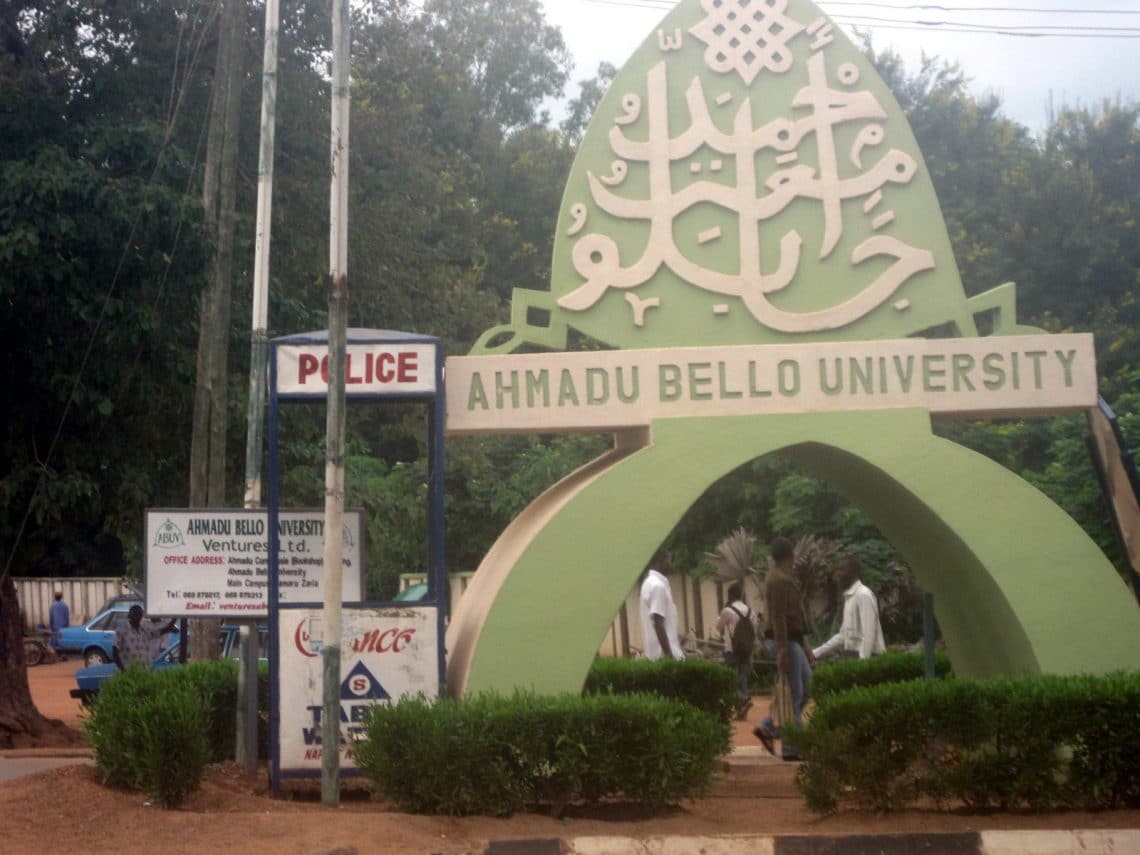The Institute of Agricultural Research (IAR) of the Ahmadu Bello University (ABU), Zaria, has said efforts are on to come up with a maize variety that would withstand flood for up to 14 days.
The institute also said it has plans to develop Artemisia for the treatment of malaria.
The Executive Director of IAR, Professor Muhammad Ishiyaku, made this known to newsmen while releasing 143 improved maize, sorghum, groundnuts and cotton varieties, noting that the initiatives are part of the fundamental focus areas of genetic improvement programmes of the institute.
He said the flood-resistant maize variety will assist in ameliorating the effect of flood on farmers’ investments, as climate change has become a reality that Nigeria and the world have to cope with.
He said: “The institute is the cardinal engine of development as far as Agricultural Development is concerned in Nigeria. To date, the institute has developed and released up to 54 different varieties of maize including hybrid. The genetically improved maize has the ability to be grown in Azare, Bauchi State, some parts of Jigawa and Katsina states which are dryer parts of Northern Nigeria.
“The institute has also developed and released 47 improved varieties of sorghum and the improvement includes the ability to do early enough even under short rainfall season. The institute has developed up to 29 different improved varieties of groundnut, which include those that can be used for the manufacturing of confectioneries and others that were solely for vegetable oil production. We have also developed 13 different varieties of cotton, which have different lengths of fibre, among other agricultural improvement initiatives.”
Professor Ishiyaku said efforts are also on to collaborate with the Faculty of Pharmaceutical Sciences and Department of Chemical Engineering of ABU to develop Artemisia industry for Nigeria.
Artemisia, he said, is a plant which produces arteminisinin, which is used in the production of arteminisinin-based combination drug therapy (ACTs) used for the treatment of Malaria.
Similarly, the Vice-Chancellor of ABU, Professor Kabir Bala, said the university will leverage its agricultural potential to improve revenue generation for the development of research activities.

 Join Daily Trust WhatsApp Community For Quick Access To News and Happenings Around You.
Join Daily Trust WhatsApp Community For Quick Access To News and Happenings Around You.


